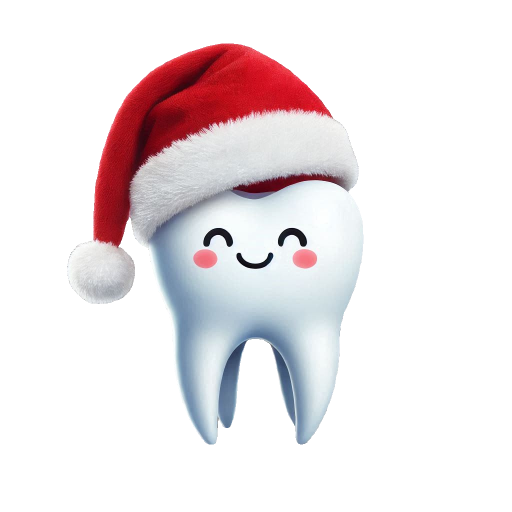Oral hygiene is crucial not only for maintaining fresh breath and a beautiful smile but also for the overall health of the body. Tooth decay, one of the most prevalent dental issues, can lead to serious complications if not addressed promptly. In this post, we will outline effective strategies for maintaining optimal oral hygiene and preventing tooth decay.

1. Brush your teeth twice a day
Brushing your teeth twice daily is a fundamental aspect of oral care. However, it is essential to consider the proper techniques and tools required for effective brushing.
- Toothpaste: There are numerous controversies and misconceptions regarding the use of fluoride toothpaste, yet it is generally safe for most individuals. Unless you have a fluoride sensitivity or allergy, the use of fluoride toothpaste is recommended, as it strengthens tooth enamel and enhances its resistance to decay.
- Technique:Proper brushing technique is more crucial than many patients realize. It is essential to use a soft-bristled toothbrush held at a 45-degree angle to the gums. Clean your teeth using small, circular motions, ensuring all surfaces are reached. Additionally, it is important to emphasize that overzealous brushing can be detrimental. Brushing thoroughly twice a day is sufficient; brushing more frequently, especially with a hard-bristled toothbrush, can increase the risk of gum damage.
- Toothbrush: Another essential issue is using the right toothbrush. Whether traditional or electric, we recommend the soft-bristled version of both types.
2. Using dental floss
Daily flossing is essential for good oral hygiene. This step helps remove plaque and food particles that the toothbrush cannot reach, especially in the areas between the teeth.
- TechniqueTake a length of dental floss approximately 45 cm long and wrap it around your fingers at both ends. Carefully guide the floss between your teeth, forming a C-shape around one tooth. Gently move the floss up and down, being mindful not to apply excessive force. Carefully navigate the floss into the interdental spaces to avoid causing damage to the gums.
3. Regular Dental Check-ups
Visit your dentist every six months or at least once a year for a thorough check-up and professional cleaning and scaling. Regular check-ups allow the dentist to detect and treat incipient problems early, before they become more serious.
4. Eating Healthy
Diet significantly impacts dental health. To prevent plaque formation and enamel damage, it is advisable to avoid sugary and acidic foods and beverages.
- Dietary recommendations: Consume a diet rich in vegetables, fruits, dairy products, and whole grains. While it may seem cliché, staying adequately hydrated is crucial for maintaining healthy teeth and preventing dry mouth. In addition to eating nutrient-rich foods, ensuring a daily intake of 2-3 liters of water supports healthy saliva production, which helps neutralize acids in the mouth.
- Avoiding sugary foods and sugar substitutes: Unfortunately, sugar is a preferred nutrient for oral bacteria. These bacteria not only produce acids that can harm teeth but also inhibit the growth of beneficial bacteria in the mouth.
- Acids: Acids from sugary, carbonated beverages, salad dressings, and certain fruits can soften tooth enamel. Therefore, it is advisable to wait at least half an hour after consuming such foods and drinks before brushing your teeth.
5. Using mouthwash
The use of mouthwash can complement brushing and flossing by helping to remove bacteria and freshen breath. Opt for alcohol-free mouthwashes to avoid drying out the oral mucosa.
6. Avoid Smoking
Smoking not only causes tooth discolouration, but also increases the risk of tooth decay, gum disease and oral cancer. Quitting smoking can significantly improve your overall oral and dental health.
In summary, maintaining optimal oral hygiene and preventing tooth decay is straightforward but necessitates consistent effort and attention. Key practices include brushing twice daily, flossing, attending regular dental check-ups, adhering to a healthy diet, using mouthwash, and refraining from smoking. These habits collectively contribute to a healthy and vibrant smile. Remember, oral health is integral to overall well-being.
Adhere to these guidelines and make daily efforts to prevent tooth decay. Should you require additional assistance with maintaining optimal oral hygiene, please do not hesitate to contact us.


